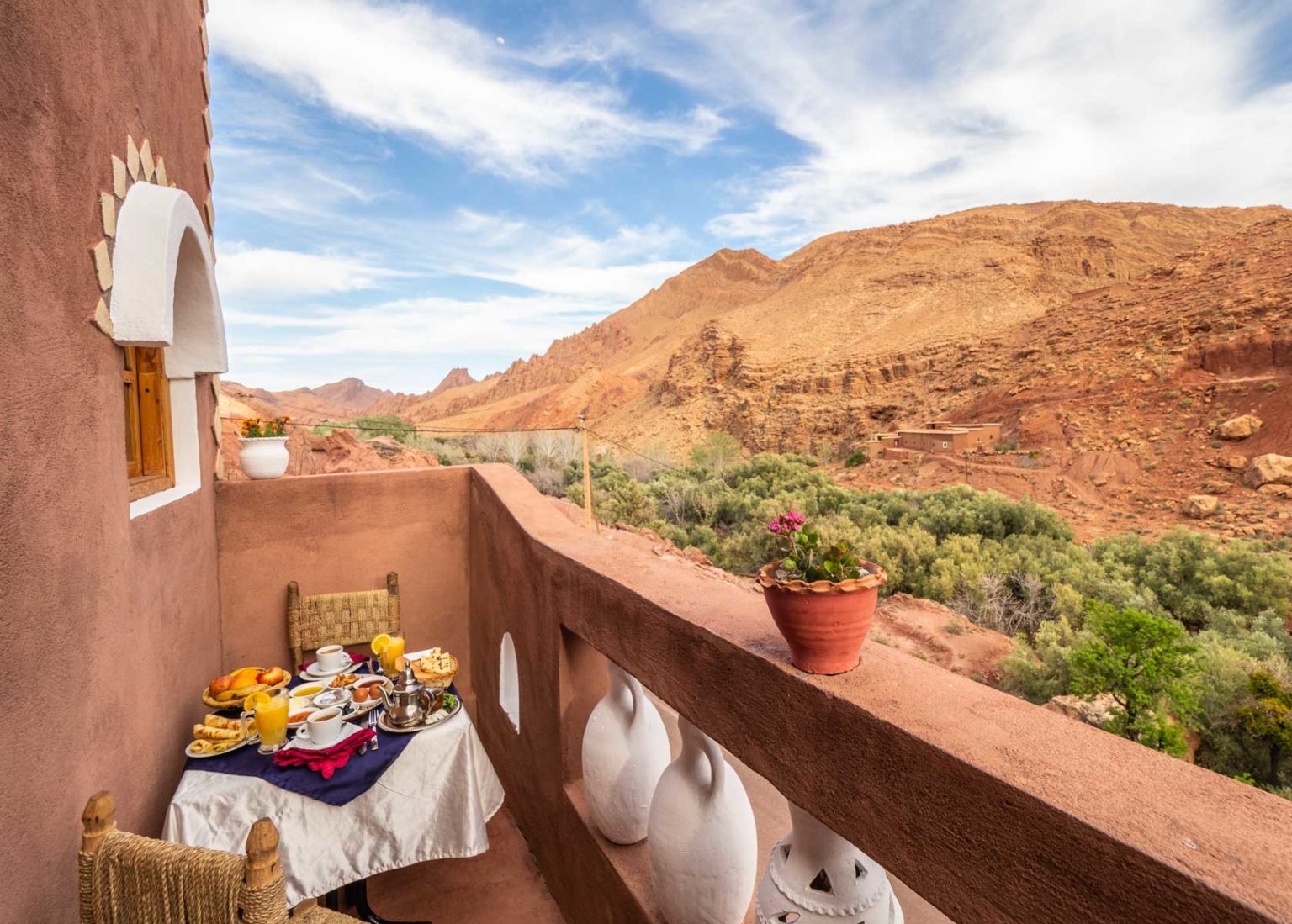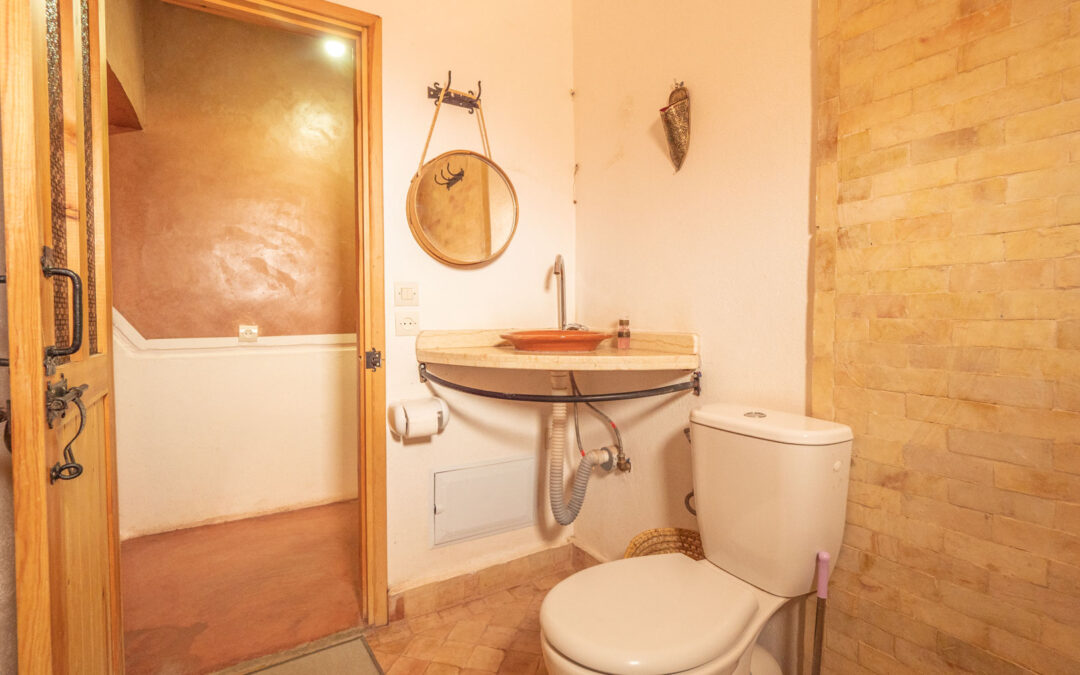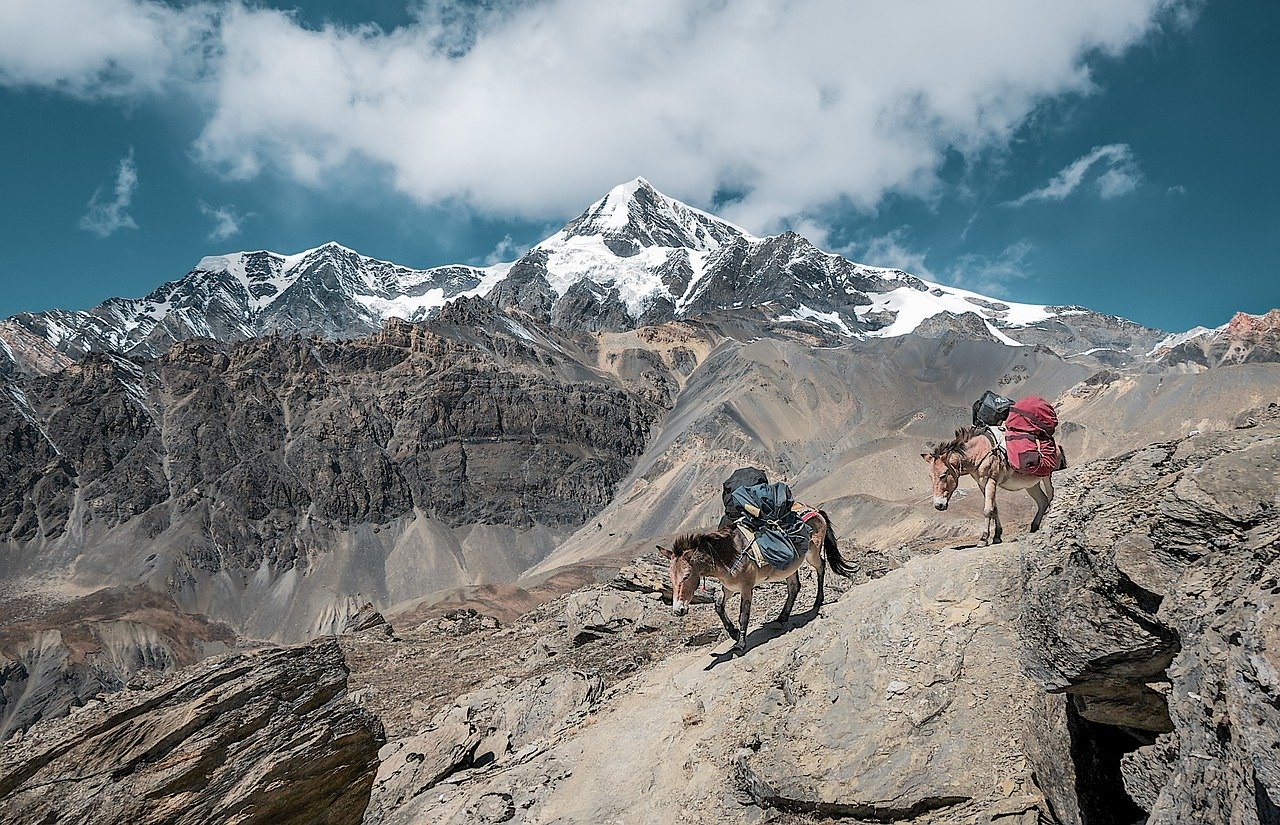
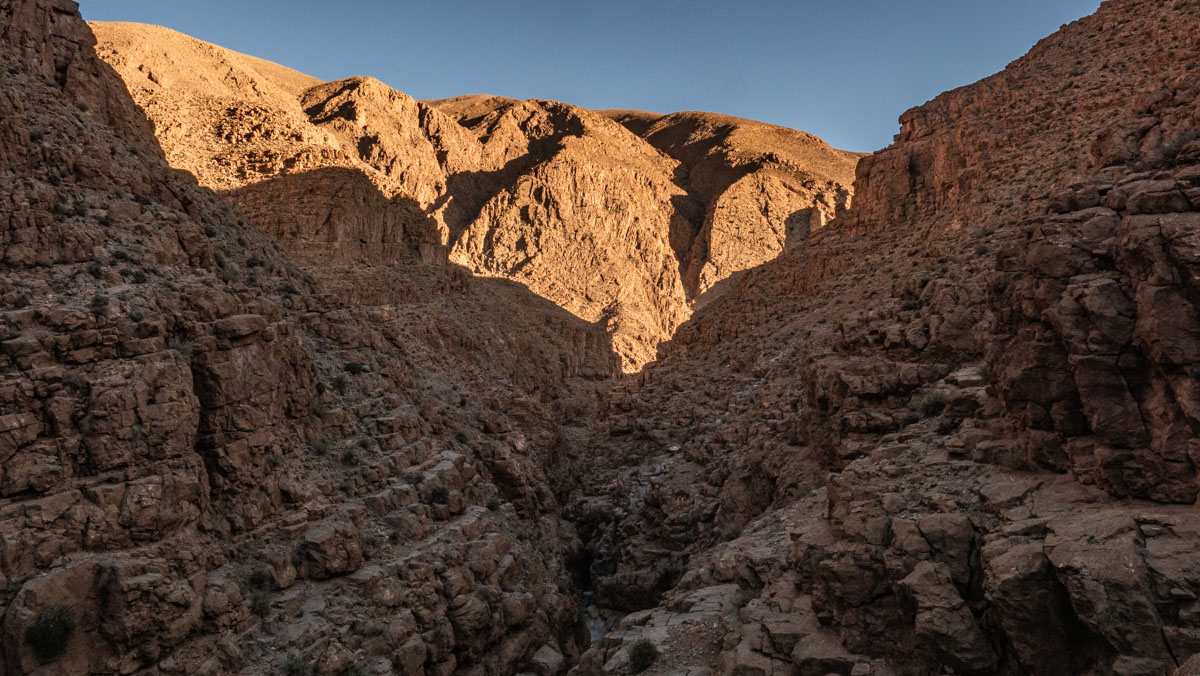
The Importance of Agriculture in Berber Communities
Introduction
Berber communities in Morocco have a deep connection to the land and agriculture plays a crucial role in their livelihoods. One of the regions where this connection is most evident is the Atlas Dades region, known for its stunning landscapes and traditional way of life. In this article, we will explore the importance of agriculture in Berber communities, focusing on how it sustains their way of life and contributes to the local economy.
Agricultural Practices
For centuries, Berber communities in the Atlas Dades region have practiced traditional farming methods that have been passed down through generations. These methods are well adapted to the local environment and rely on sustainable practices to ensure the long-term productivity of the land.
Key Crops
Wheat and barley are among the key crops grown in the region, providing staple foods for the local population. The fertile soils of the Atlas Dades valley allow for the cultivation of a variety of crops, including fruits and vegetables that thrive in the Mediterranean climate.
Water Management
Water management is a critical aspect of agriculture in the Atlas Dades region, where water scarcity is a common challenge. Berber communities have developed ingenious irrigation systems, such as qanats and khettaras, to channel water from mountain springs to their fields, ensuring a reliable water supply for their crops.
Community Cooperation
Collaboration and mutual support are fundamental principles in Berber communities, especially when it comes to agriculture. Farmers work together to share resources, knowledge, and labor, strengthening social bonds and ensuring the success of their agricultural endeavors.
Economic Impact
Agriculture is not only essential for the subsistence of Berber communities but also plays a significant role in the local economy. The production of crops such as olives, almonds, and dates contributes to the region’s economy through trade and tourism, attracting visitors who are interested in experiencing the traditional agricultural way of life.
Sustainability
Despite the challenges posed by climate change and modernization, Berber communities in the Atlas Dades region are committed to preserving their agricultural heritage and promoting sustainable practices. By embracing traditional knowledge and innovation, they are able to adapt to changing conditions while safeguarding the environment for future generations.
Conclusion
In conclusion, agriculture plays a central role in the lives of Berber communities in the Atlas Dades region, providing sustenance, economic opportunities, and a strong sense of cultural identity. By understanding the importance of agriculture in these communities, we can appreciate the resilience and ingenuity of the Berber people in maintaining their traditional way of life.

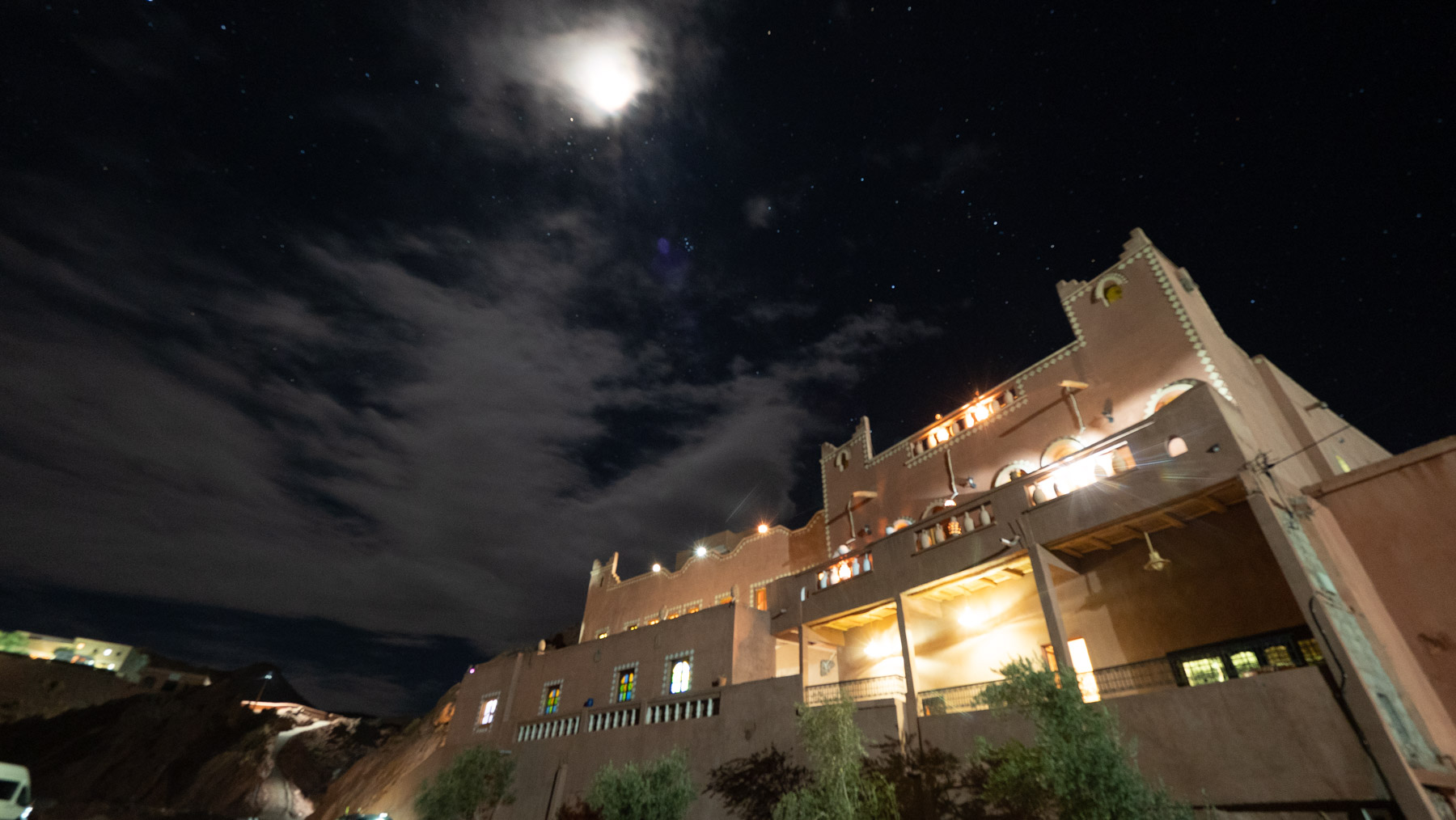
Tips for Understanding the Importance of Agriculture in Berber Communities
Introduction
When exploring the Berber communities in Morocco, it’s essential to understand the significance of agriculture in their daily lives. Agriculture plays a crucial role in sustaining these communities, providing food, income, and a strong cultural connection to the land. Here are some tips to help you grasp the importance of agriculture in Berber communities.
Learn About Traditional Farming Methods
To truly appreciate the role of agriculture in Berber communities, take the time to learn about their traditional farming methods. Berbers have been practicing agriculture for generations, utilizing sustainable techniques that are well-adapted to the local environment. Understanding these methods will give you a deeper insight into the challenges and rewards of farming in this region.
Visit Local Farms and Markets
One of the best ways to experience the importance of agriculture in Berber communities is to visit local farms and markets. Here, you can see firsthand the variety of crops grown by the Berbers, such as olives, figs, and grains. Engage with local farmers, ask them about their practices, and sample the fresh produce to get a taste of the agricultural richness of the region.
Attend Agricultural Festivals and Celebrations
Another way to immerse yourself in the agricultural traditions of Berber communities is to attend agricultural festivals and celebrations. These events often feature traditional music, dance, and food, all centered around the harvest season. By participating in these festivities, you can witness the deep connection between agriculture and culture in Berber society.
Support Sustainable Agriculture Initiatives
As a responsible traveler, consider supporting sustainable agriculture initiatives in Berber communities. Look for opportunities to buy locally produced goods, such as honey, argan oil, or handicrafts made from natural materials. By supporting these initiatives, you can contribute to the preservation of traditional farming practices and help ensure the economic stability of the communities.
Engage with Local Experts and Farmers
For a more in-depth understanding of agriculture in Berber communities, engage with local experts and farmers. They can provide valuable insights into the challenges they face, the innovations they are implementing, and the importance of agriculture in preserving their way of life. By listening to their stories and experiences, you can gain a profound appreciation for the vital role agriculture plays in Berber culture.
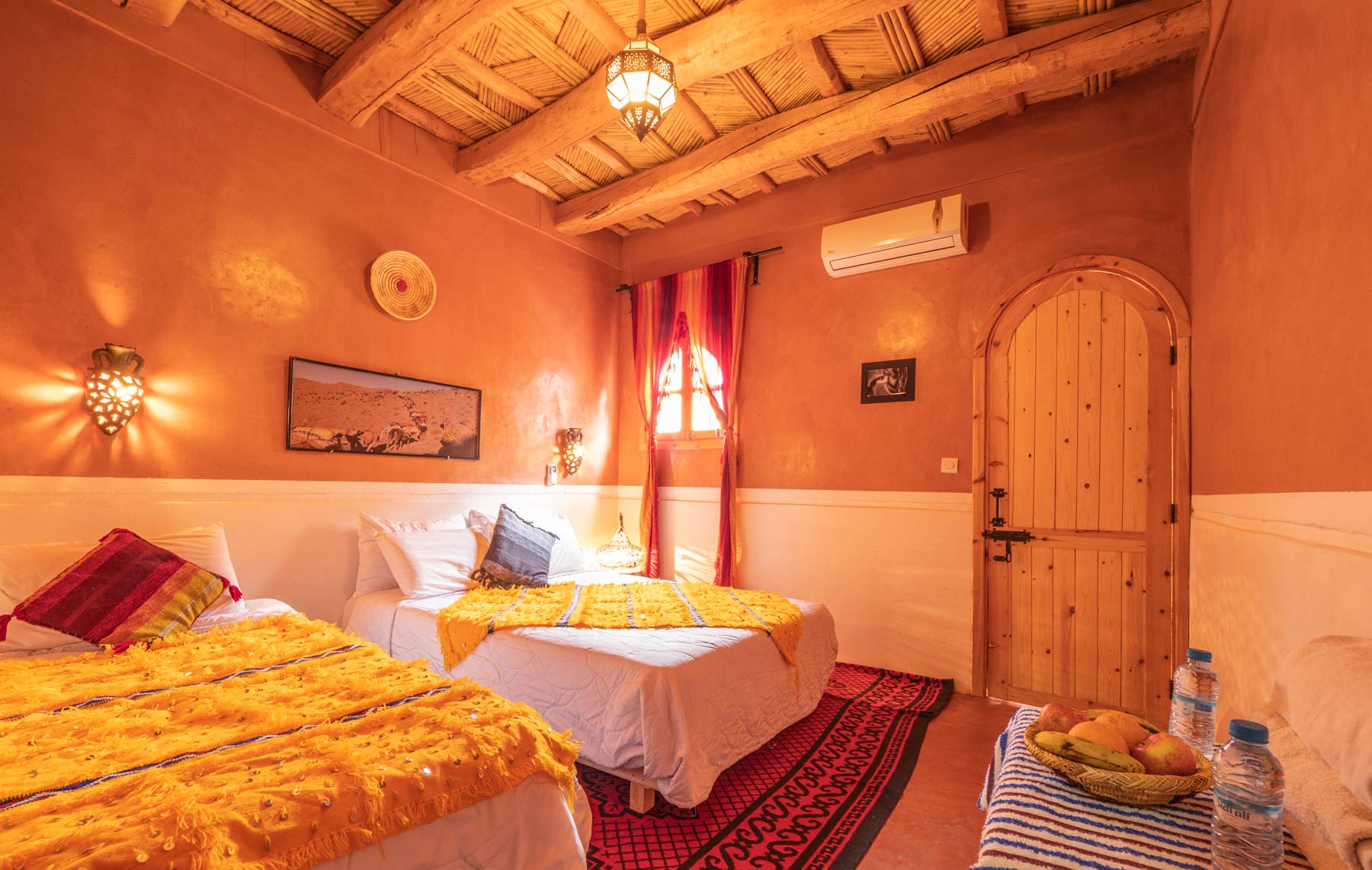
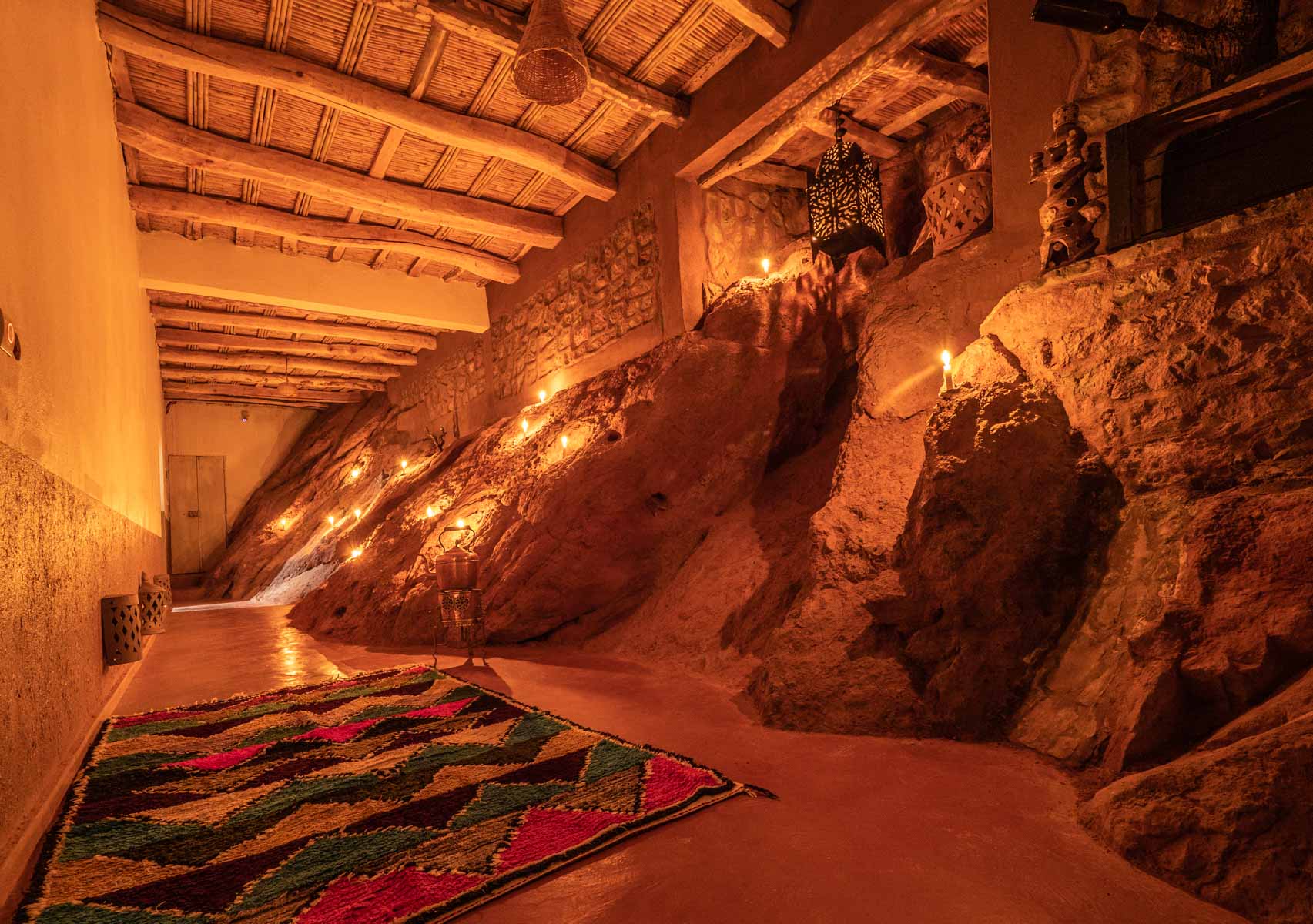
Exploring the Importance of Agriculture in Berber Communities in Morocco
When embarking on a journey through Morocco, travelers are often captivated by the rich cultural tapestry that weaves through the country. One of the most intriguing aspects of Moroccan culture is the deep connection between its people and the land they inhabit. In particular, the Berber communities, known for their ancient traditions and sustainable way of life, have a profound relationship with agriculture that shapes their identity and sustains their livelihoods.
The Berbers: Guardians of the Land
The Berber people, indigenous to North Africa, have inhabited the rugged terrain of Morocco for centuries. Living in remote mountain villages and lush valleys, the Berbers have developed a unique agricultural system that is deeply rooted in their cultural heritage. Agriculture is not just a means of survival for the Berbers; it is a way of life that is passed down from generation to generation.
The Role of Agriculture in Berber Communities
Agriculture plays a central role in the daily lives of Berber communities, shaping their traditions, ceremonies, and social structures. From cultivating barley and wheat in the fertile valleys to tending to olive and argan trees in the arid regions, agriculture is the backbone of the Berber economy. The Berbers have honed their farming techniques over centuries, using traditional methods that are in harmony with the environment.
One of the most fascinating aspects of Berber agriculture is the collective nature of farming. In Berber villages, the concept of community is paramount, and neighbors often come together to work the land, sharing knowledge and resources to ensure a bountiful harvest. This sense of collaboration and solidarity is deeply ingrained in Berber culture and is reflected in their agricultural practices.
Sustainability and Conservation
Unlike industrialized farming methods, Berber agriculture is characterized by its sustainability and conservation efforts. The Berbers have a profound respect for the land and employ techniques that preserve the natural ecosystem. By practicing crop rotation, terrace farming, and water management, the Berbers ensure that their agricultural practices are in harmony with nature.
Furthermore, the Berbers have a deep understanding of the importance of preserving biodiversity. Many Berber communities cultivate heirloom varieties of crops and maintain seed banks to safeguard genetic diversity. This commitment to preservation not only ensures food security for the community but also contributes to the global effort to protect agricultural biodiversity.
The Cultural Significance of Agriculture
Agriculture is not just a means of sustenance for the Berbers; it is a reflection of their cultural identity and heritage. The rhythms of the agricultural calendar dictate the pace of life in Berber villages, from the planting of seeds in the spring to the harvest festivals in the fall. These agricultural traditions are intertwined with mythology, folklore, and rituals that celebrate the bond between the land and the people.
Visitors to Morocco have the opportunity to immerse themselves in the rich agricultural heritage

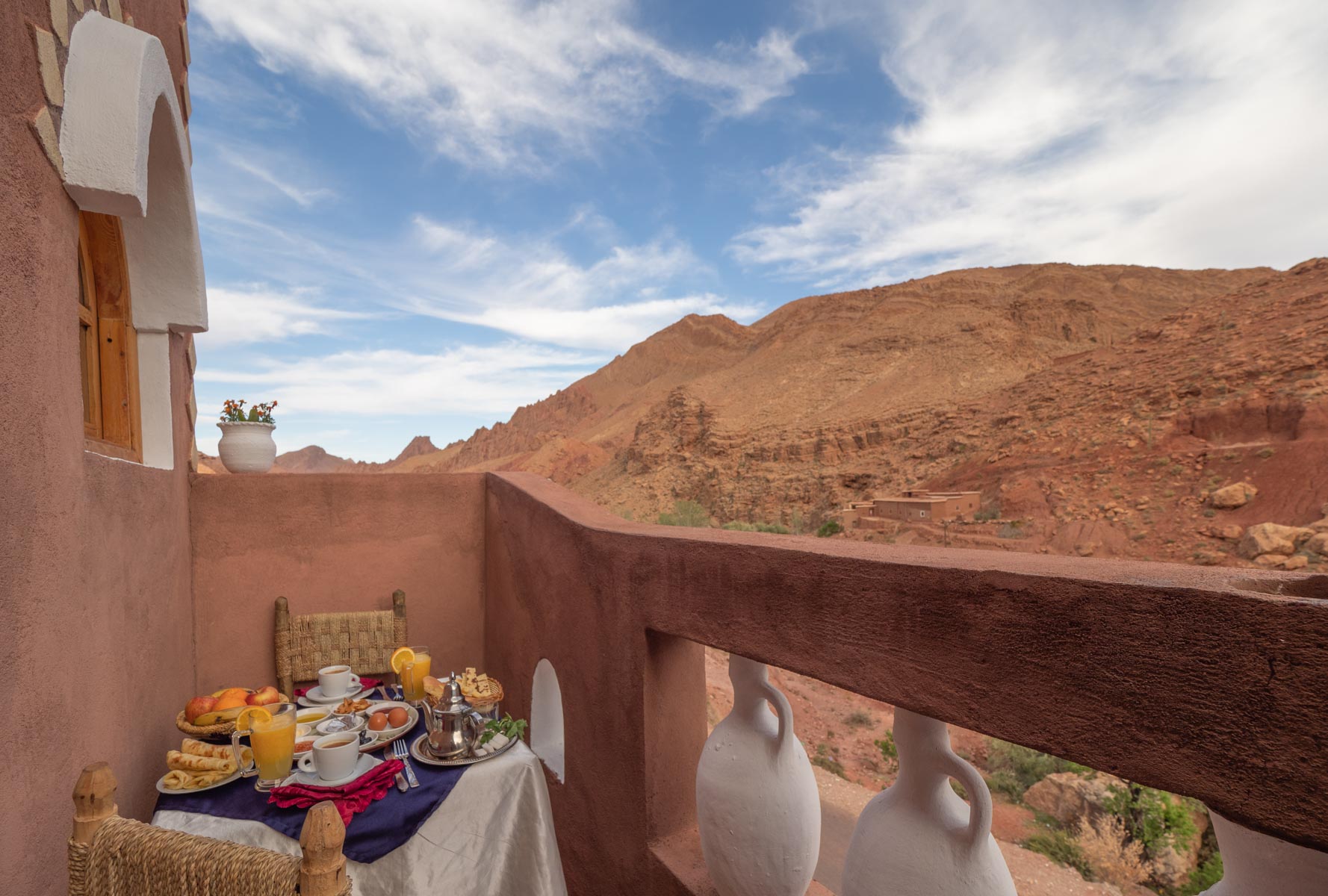
When planning a trip to explore the Berber communities in Morocco, there are several key recommendations to keep in mind to ensure a smooth and enriching experience. By taking the time to prepare adequately before, during, and after your journey, you can make the most of your visit and contribute positively to the local culture and economy.
Before Your Trip
Prior to embarking on your adventure, it is essential to do some research on the Berber communities and their significance in the region. Understanding the importance of agriculture in these communities will provide valuable context for your visit. Additionally, consider learning a few basic phrases in Berber or Arabic to facilitate communication with the locals and show respect for their culture.
During Your Trip
While exploring the Berber villages, be mindful of local customs and traditions. Respect the privacy of residents and always ask for permission before taking photographs. When interacting with the community members, approach them with an open mind and a willingness to learn about their way of life. Consider supporting local artisans by purchasing handmade crafts or products.
After Your Trip
Upon returning from your journey, take the time to reflect on your experiences in the Berber communities. Consider ways in which you can continue to support these communities from afar, such as through donations to local organizations or by sharing your travel experiences to raise awareness. Stay connected with the culture by reading books or watching documentaries about Berber traditions.
Recommended Accommodation: Auberge Atlas Dades
For a truly immersive experience in Morocco, consider staying at Auberge Atlas Dades, a charming guesthouse nestled in the picturesque Dades Valley. This family-run establishment offers comfortable accommodations with stunning views of the surrounding mountains and valleys. Guests can enjoy traditional Berber hospitality and cuisine, making it an ideal base for exploring the nearby villages and landscapes.
With its warm and welcoming atmosphere, Auberge Atlas Dades provides a unique opportunity to connect with the local culture and learn more about the Berber way of life. Whether you choose to relax in the garden, go for a hike in the mountains, or participate in a cooking class, this guesthouse offers a range of activities to suit every traveler’s preferences.
By choosing Auberge Atlas Dades as your accommodation in Morocco, you not only support a local business but also contribute to the sustainable development of the Berber communities in the region. Your stay at this guesthouse will undoubtedly leave you with lasting memories of the rich cultural heritage and natural beauty of Morocco.
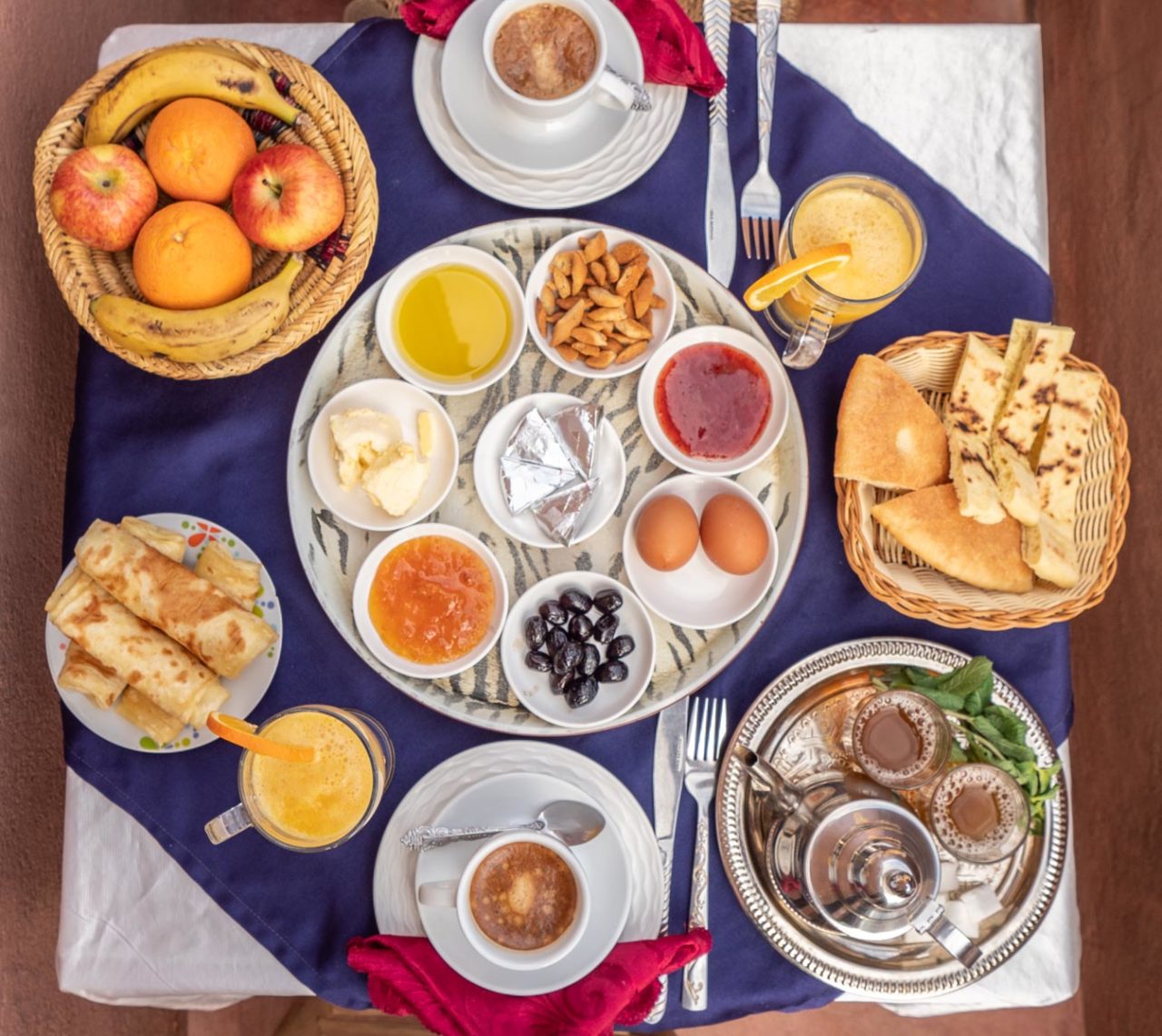



Frequently Asked Questions
1. What is the role of agriculture in Berber communities?
Agriculture plays a crucial role in Berber communities as it provides food security, livelihoods, and preserves cultural traditions.
2. How do Berber communities benefit from agriculture?
Berber communities benefit from agriculture by generating income, sustaining their way of life, and fostering community cohesion.
3. What are the main crops grown in Berber communities?
The main crops grown in Berber communities include wheat, barley, olives, and figs, among others.
4. How does agriculture impact the environment in Berber regions?
Agriculture in Berber regions can have both positive and negative impacts on the environment, such as soil erosion and biodiversity conservation.
5. Are there traditional farming practices still in use in Berber communities?
Yes, many Berber communities still practice traditional farming methods that have been passed down through generations.
6. How does agriculture contribute to the cultural identity of Berber communities?
Agriculture is deeply intertwined with the cultural identity of Berber communities, shaping their festivals, music, and artisanal crafts.
7. What challenges do Berber farmers face in modern times?
Berber farmers face challenges such as climate change, water scarcity, and market fluctuations that impact their livelihoods.
8. How can sustainable agriculture practices benefit Berber communities?
Implementing sustainable agriculture practices can improve resource management, income stability, and environmental conservation in Berber communities.
9. Are there initiatives to support agriculture in Berber communities?
Yes, there are various initiatives and programs aimed at empowering Berber farmers, promoting agroecology, and enhancing market access.
10. How can tourists engage with agriculture in Berber communities?
Tourists can engage with agriculture in Berber communities through farm tours, homestays, and buying local products to support the local economy.
